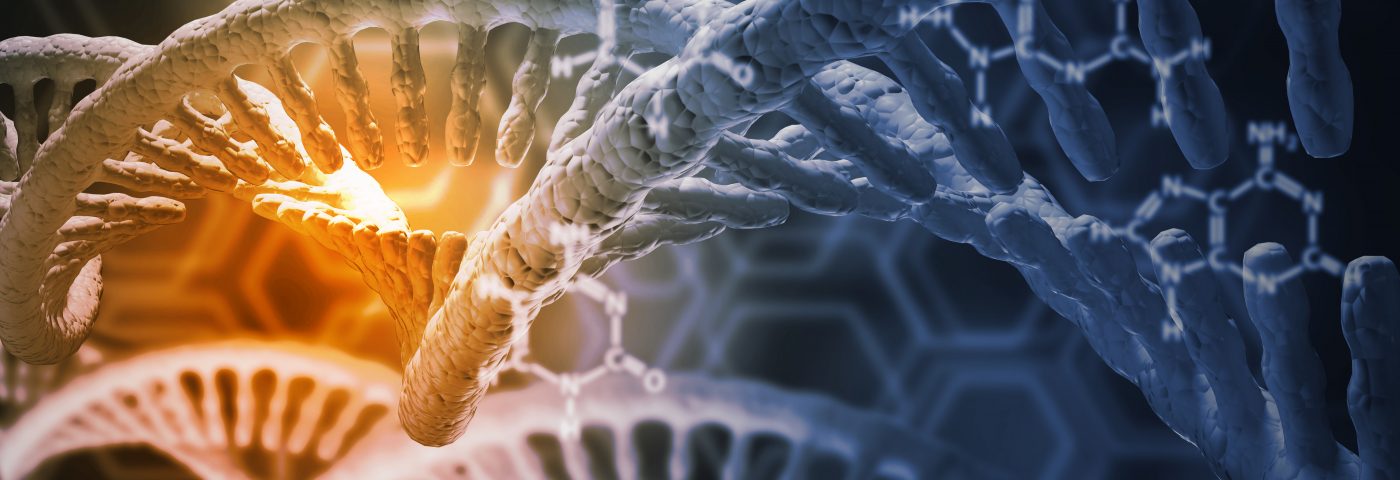Abnormalities in the production of bile acid — an acid produced by the liver that is responsible for the digestion of dietary fats — were described for the first time in a patient with X-linked adrenoleukodystrophy (X-ALD), a case report shows.
The report, “Case report of dysregulation of primary bile acid synthesis in a family with X-linked adrenoleukodystrophy,” was published in the journal Medicine.
X-ALD is a rare genetic disorder characterized by the accumulation of fat molecules known as very long chain fatty acids (VLCFAs) in the blood and tissue.
X-ALD is caused by mutations in the ABCD1 gene, which provides the cell with instructions to make the ALD protein, whose role is to help transport VLCFAs into compartments inside cells where they can be degraded. A mutation in the ABCD1 gene leads to a decrease in ALD protein, which consequently leads to an increase in VLCFAs.
The report describes the case of a 37-year-old man who came to the hospital with a seven-year history of progressive behavioral abnormalities, difficulty walking due to nerve injury, and issues with urination. His medical history showed that he had experienced his first epileptic attack at the age of 37, which had since reoccurred.
Hormone testing showed that he had high levels of adrenocorticotropic hormone and low cortisol levels, which is indicative of a hormone imbalance. He also had low levels of dehydroepiandrosterone sulfate, a male hormone produced by adrenal glands. This led physicians to suspect an ALD diagnosis.
Next, physicians conducted imaging of the brain through magnetic resonance imaging (MRI). Results showed abnormal signal intensities in the brain, in a manner that is typical for ALD.
Genetic testing of the ABCD1 gene revealed a mutation known as c.659T>C. These results, together with the fact that the patient had high VLCFA concentrations, confirmed the diagnosis of X-ALD.
In fact, the patient was diagnosed with adult adrenomyeloneuropathy (AMN), a subtype of X-ALD, with cerebral involvement.
Researchers then conducted a family history, which revealed that the patient’s mother was a carrier for the mutation.
Interestingly, the team found that the patient had abnormalities in the production of bile acid, which plays a major role in the breakdown of cholesterol and fats.
Because this is not a common issue in X-ALD patients, the researchers sequenced major genes involved in the primary bile acid synthesis pathway to investigate whether the presence of any mutations could explain this abnormality.
However, no mutations were found.
“In the studied family, no cause of the disorder in the synthesis of [bile acids] was found,” the researchers wrote.
They hypothesized that the patient’s bile acid disorder “may be an additional dysfunction as a consequence of the ABCD1 mutation, and may be further evidence that disturbed cholesterol metabolism is important in the pathology of ALD,” they said.


